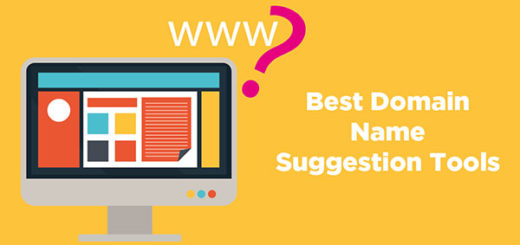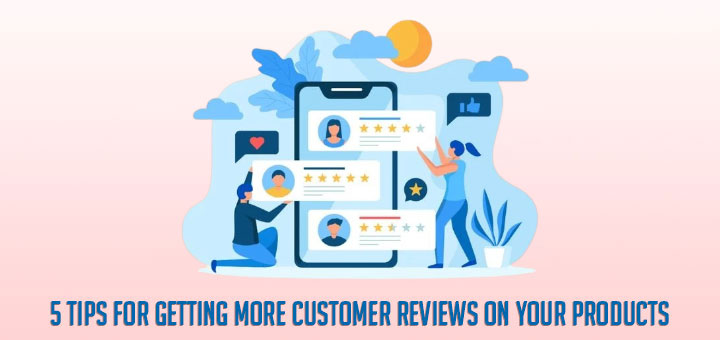How To Create An Online Store To Sell NFTs On Shopify
In 2018, cryptocurrency trading is one of the hottest businesses. People all around the world are investing in cryptocurrencies, and this has led to a rise in demand for trading bots. One of the most popular ways to trade cryptocurrencies is with NFT, short for Non-Fungible Token.
In July 2021, NFT sellers were able to use the popular e-commerce platform Shopify to sell their NFTs. The infrastructure of Shopify lets creators and resellers offer a direct-to-consumer (D2C) experience through their own branded storefronts. Each NFT merchant can sell their digital assets directly to the customer instead of going through a market.
This also has other advantages. For instance, NFT sellers can accept debit cards, credit cards, and mobile payments through their storefronts. Shopify also has its own payment gateway called Shopify Payments. When payments are made through this gateway, merchants don’t have to pay a transaction fee. You can also add other ways to pay to your Shopify NFT store, such as cryptocurrencies.
Shopify lets you list and sells NFTs on popular blockchains like Ethereum, Flow, Near, and Polygon.
In this blog post, we’ll take a look at how to create your own online store to sell NFTs on Shopify.
Step 1: Creating an Online store on Shopify
First, you must create an online store and select a monthly paid subscription on Shopify.
This is a great time to open a Shopify online store. Because Shopify is launching a promotion 3-day free trial and paying $1/month for the first 3 months for new merchants.
You can refer to the guide here to know how to create an online store on Shopify step by step.
Step 2: Setting up your online store
After registering the store, you can set up the store’s information. Some of the steps for setting up are as follows:
1. Adding business settings for your store:
You need to add some important business information. You don’t have to write down every detail at once, but make sure to include the following:
- Store name
- Legal business name and address
- Store time zone
- Default store currency
- Default weight unit
- Password to protect your online store
2. Setting up a domain for your store
The URL, or website address, of your store, is its domain. This is where your customers will go to find your online store. You can either buy a new domain or move an existing one to your store.
3. Setting up your email
You need to set up 2 email addresses:
- The store contact address is the email address that you used when you signed up for Shopify. It’s where you’ll receive your files if you export your products, orders, or customer lists.
- The sender email is your customer-facing address. It’s where your customers can contact you directly, and it’s the address that’s associated with the automatic notification emails that they receive about their orders.
4. Set up a payment method
Shopify supports a number of ways to pay, but Shopify Payments is the easiest way to accept payments online with Shopify.
With Shopify Payments, you don’t have to set up a third-party payment provider or merchant account to accept payments. Shopify Payments works with your store and gives you a single place to manage your business and finances.
Read more:
- How to accept multiple cryptocurrencies on your Shopify store with Coinbase commerce
- How to integrate cryptocurrency payments directly with Shopify using BitPay
- How to connect Crypto.com Pay with Shopify online store
Learn more about the guides on Shopify
Step 3: Choosing a Shopify theme for your NFT store
Shopify has a very large ecosystem, so it’s easy to find many beautiful themes on the Marketplace Shopify Themes as Shopify Theme Store, Themeforest, Template Monster, and Creative Market. There are a lot of free and paid themes to choose from. Let’s choose one to use in your shop.
You can use the examples below, which are only for NFT stores.
Step 4: Installing the Shopify NFT apps
If you want your store to focus on selling NFT, you will need some apps from third parties to help you. You’ll find them a lot on the Shopify App Store.

These apps were built to make it easy for any merchant, to design, sell and ship NFTs to any audience. They allow any merchant to sell NFTs to their user base, by taking away all the complexity of blockchain.
We also collect a Shopify NFT apps list for your reference here.
Conclusion
As you can see, NFT sellers were able to start selling their non-fungible tokens on Shopify, one of the most popular e-commerce platforms in the world. This helped make non-fungible tokens more accessible to more people. I hope this article was helpful to you.









